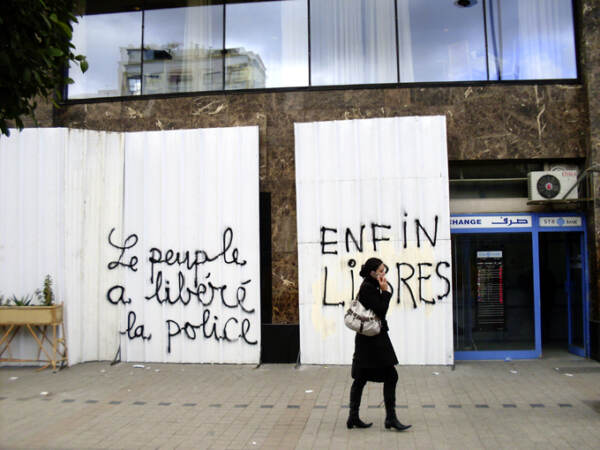When a monument to those killed in the 2011 uprising was recently damaged, few took notice or even cared in a town, and country, where there is now more regret than a wish to remember.
When part of one of Tunisia’s only monuments to its 2011 revolution disappeared earlier this year, not many noticed, the New York Times reported.
Some residents of Le Kram, a suburb of the capital, Tunis, say the plaque bearing the names of eight locals killed while protesting was broken off by someone with a mental illness. Others say a passing drunk was to blame.
Whatever happened, the real story is that no one bothered to fix it.
“This place wasn’t maintained, as you can see,” said Aymen Tahari, 40, the owner of the struggling plant nursery facing the monument and, as of about two weeks ago, its self-appointed caretaker. “During the first year after the revolution, there was a kind of support from everyone, but then it just faded away.”
A decade later, Tunisia remembers its uprising — which ignited the region-upending protests that came to be known as the Arab Spring, overthrew a dictator and ushered in the movement’s only remaining democracy — with a kind of reluctance bordering on hostility, the euphoria of that time stanched long ago.
© Copyright LaPresse - Riproduzione Riservata

